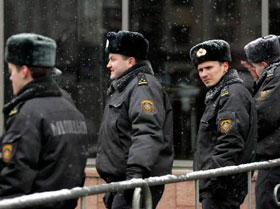Human rights defenders marked anniversary of the Universal Declaration of Human Rights all over Belarus (photos)
Human rights defenders and
representatives of the civil society celebrated this important date
in different ways in different parts of the
country.
Baranavichy
Despite
the official prohibition of a human rights picket on 10 December,
human rights defenders of Baranavichy held an action dedicated to the
Human Rights Day.
They went out to the streets and handed out
brochures with the text of the Declaration, and other human rights
production.
The citizens eagerly took the hand-outs and asked
questions. The action participants reminded the citizens about the
global action in support of the political prisoner Ales Bialiatksi,
the head of the Human Rights Center “Viasna and vice-president of
the International Federation for Human Rights, launched by the human
rights organization “Amnesty International”.
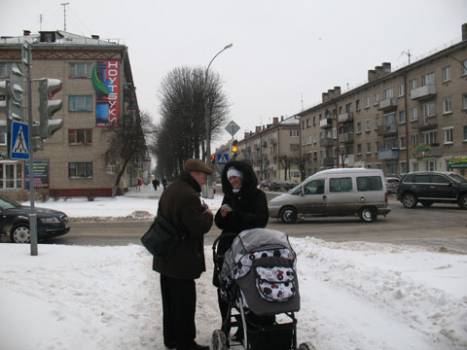
Biaroza
Human
rights defenders and civil society activists handed out more than 300
booklets about Belarusian political prisoners and copies of the
Universal Declaration of Human Rights in the streets of the cities of
Biaroza and Malech.
As stated by them in teh sum-up of the
action, the people took the hand-outs more eagerly than during the
previous years. Many of them thanked. Few people refused to take the
books. One of them said that human rigths are violated in Belarus on
a regular basis, that's why it's better not to know about them to
have a better sleep.
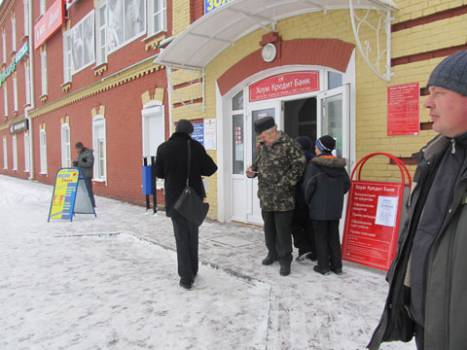
Brest
In
the evening of 10 December Brest human rights defenders,
representatives of NGOs and independent trade unions gathered to mark
the Human Rights Day. They once again recollected the history of this
important event – the circumstances in which the Universal
Declaration of Human Rights was adopted and what world-known people
said about it. The film “Human rights in the Europe being united”,
shot on the basis of a speech of the head of the Helsinki Foundation
of r Human Rights (Warsaw) Marek Novicki short before his death, was
demonstrated. 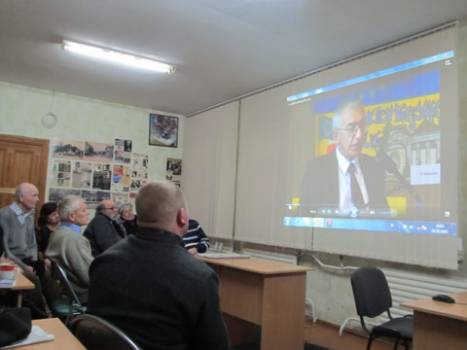
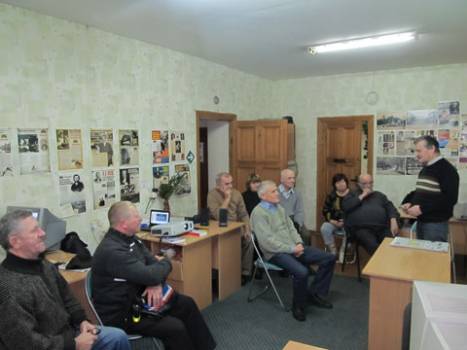
Hrodna
Hrodna
human rights defenders held several actions,
Representatives
of the Human Rights Center “Viasna” and the Belarusian Helsinki
Committee and independent human rights defenders reminded citizens
about the imprisoned Ales Bialiatski and the international Human
Rights Day by handing out the appropriate printed matter in the
streets. Booklets with the Universal Declaration of Human Rights were
also distributed through the officers of democratic organizations of
Hrodna.
Somewhat later, the film “Cause of death left blank”
was showed at the Hrodna office of the United Civil Party.
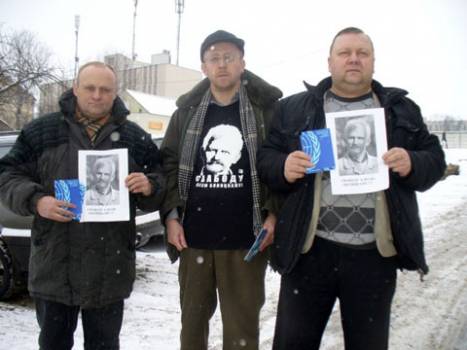
Mazyr
The
human
rights defender Uladzimir Tseliapun went out to the city center in a T-shirt with a
portrait of the human rights defender Ales Bialiatski and inscription
"Freedom to Bialiatski". He handed out about 50 copies of
the Universal Declaration of Human Rights.
Minsk
In
Minsk human rights defenders handed out several hundreds of texts of
the Universal Declaration of Human Rights and booklets with portraits
and biographies of Belarusian political prisoners. 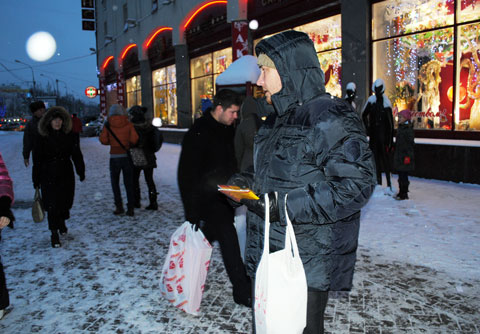
Vitsebsk
A
public lecture “What human rights are and how they are implemented
in Belarus” was read on 10 December in Vitsebsk by a coordinator of
the “For Freedom” movement Khrystafor Zheliapau. The majority of
his listeners were policemen and people in mufti who vigilantly
watched a small group of activists.
“On the one hand, it's
a pity that so few people came. On the other hand, I understand that
the people are afraid of the possible consequences of their presence
at an “oppositional event”. I think that we managed to do
everything alright. We found a new format for our actions: one does
not need to apply for an official permission to hold a public action,
whereas earlier we kept
receiving authorization denial for two years,” said Khrystafor
Zhaliapau.
At least, nobody was detained during the lecture
and after it, even when Mr. Zhaliapau congratulated the present
policemen on the anniversary of the Universal Declaration of Human
Rights.
By the way, it was the first time when women were
present among representatives of the law machinery. They were dressed
in mufti and introduced themselves as “Oriflame” workers, but
kept close to male policemen.
After the end of the lecture,
people in mufti followed the action participants. “Three of us went
away, followed by two “in mufti”. They kept tracing us to the
railway station, until we got in a car. Other participants were “seen
off” the same way,” said Khrystafor Zhaliapau.